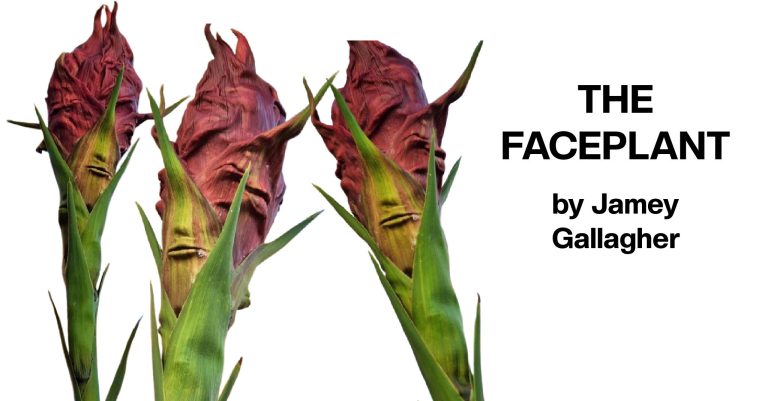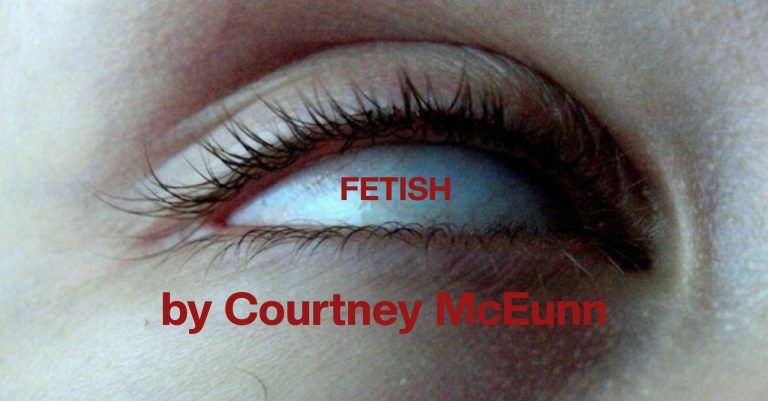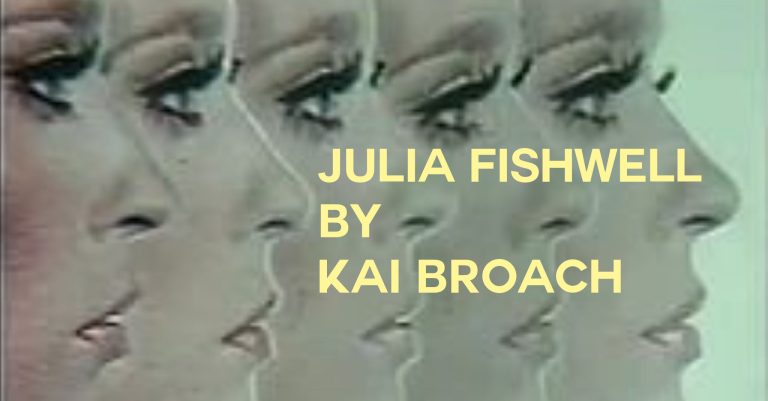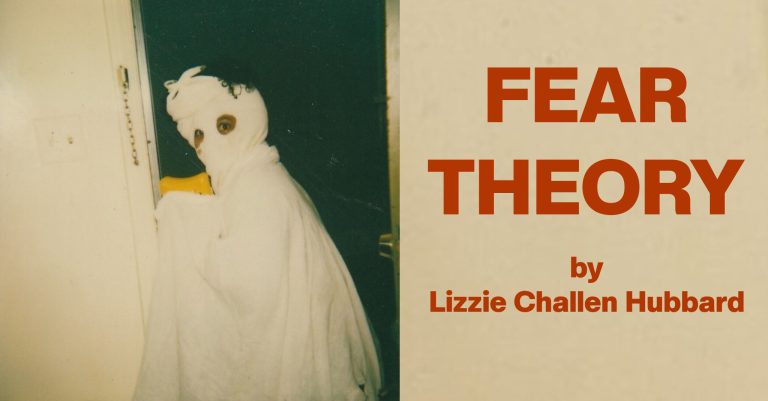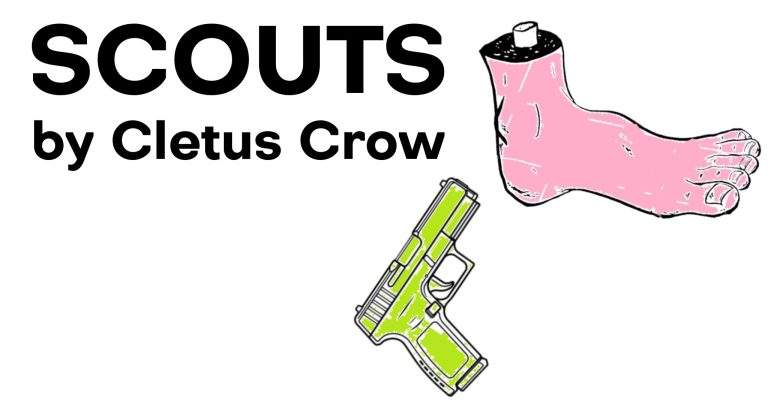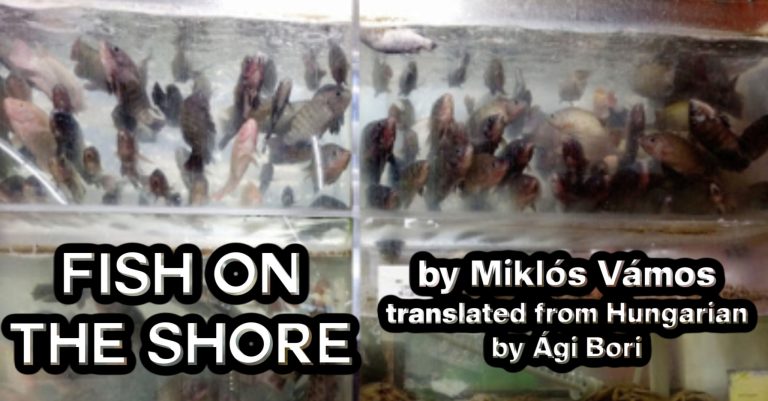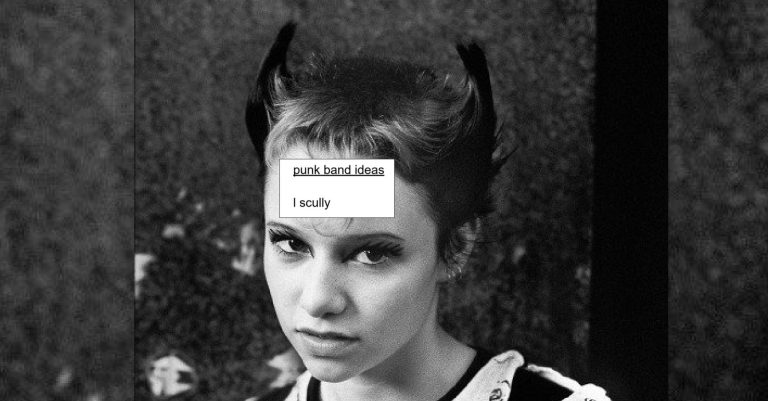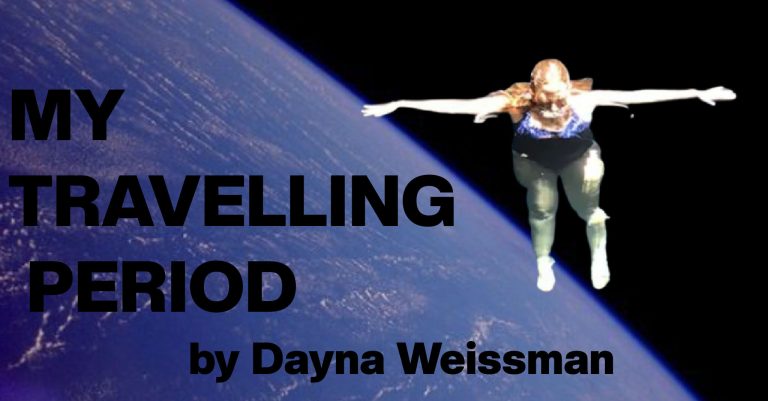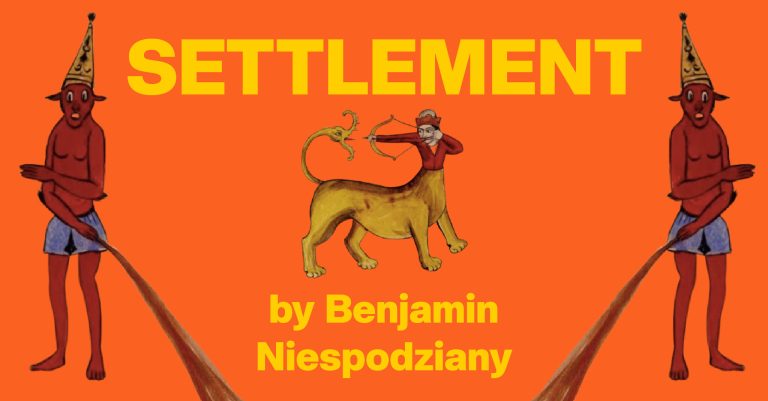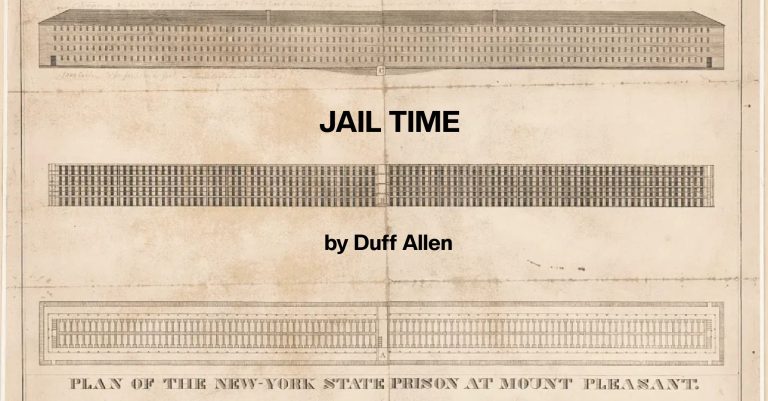
JAIL TIME by Duff Allen
As a little boy nothing made me happier than to visit Dad in jail. Daniel, Mom would say every time, you haven’t forgotten your father, have you? We both sat down on the same side across from him. Who I called Dad, Mom called Daniel. He didn’t call her anything. He didn’t speak to her. He only spoke to me. Tell me how your grades are, he said. You don’t wanna end up a loser, like all these guys. Dad would look around then at the other tables with other prisoners. They were talking to their families too. I knew

